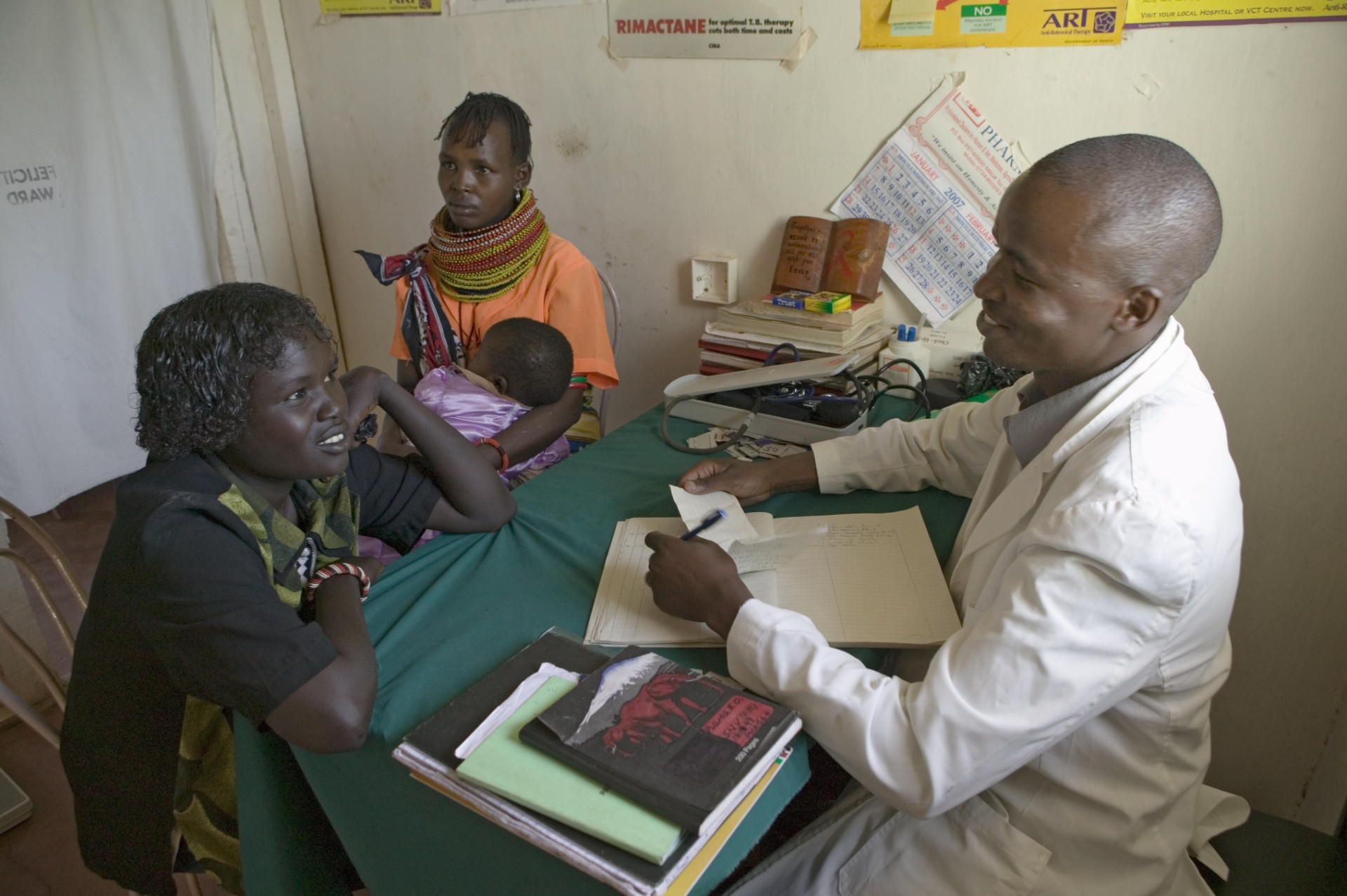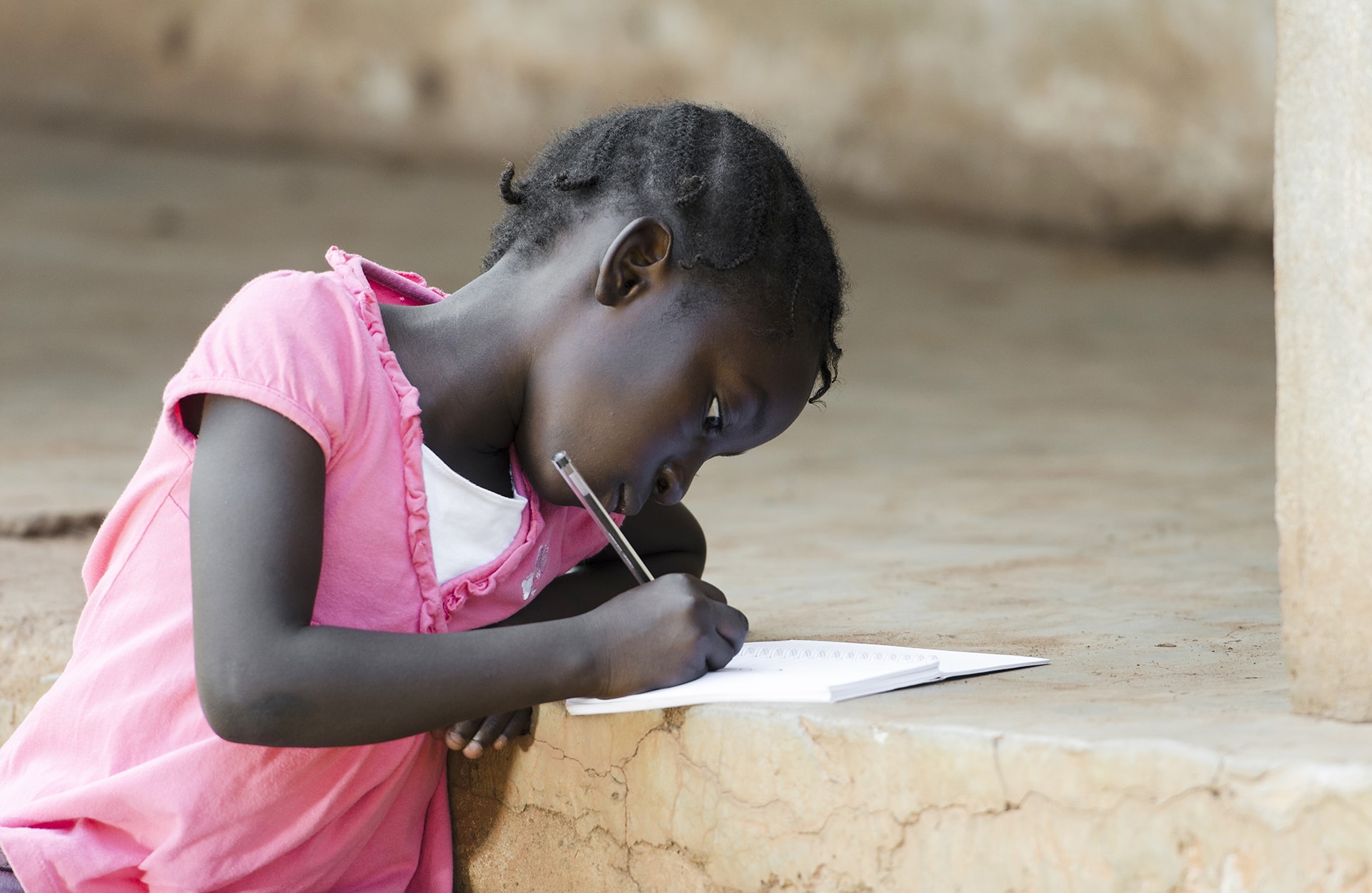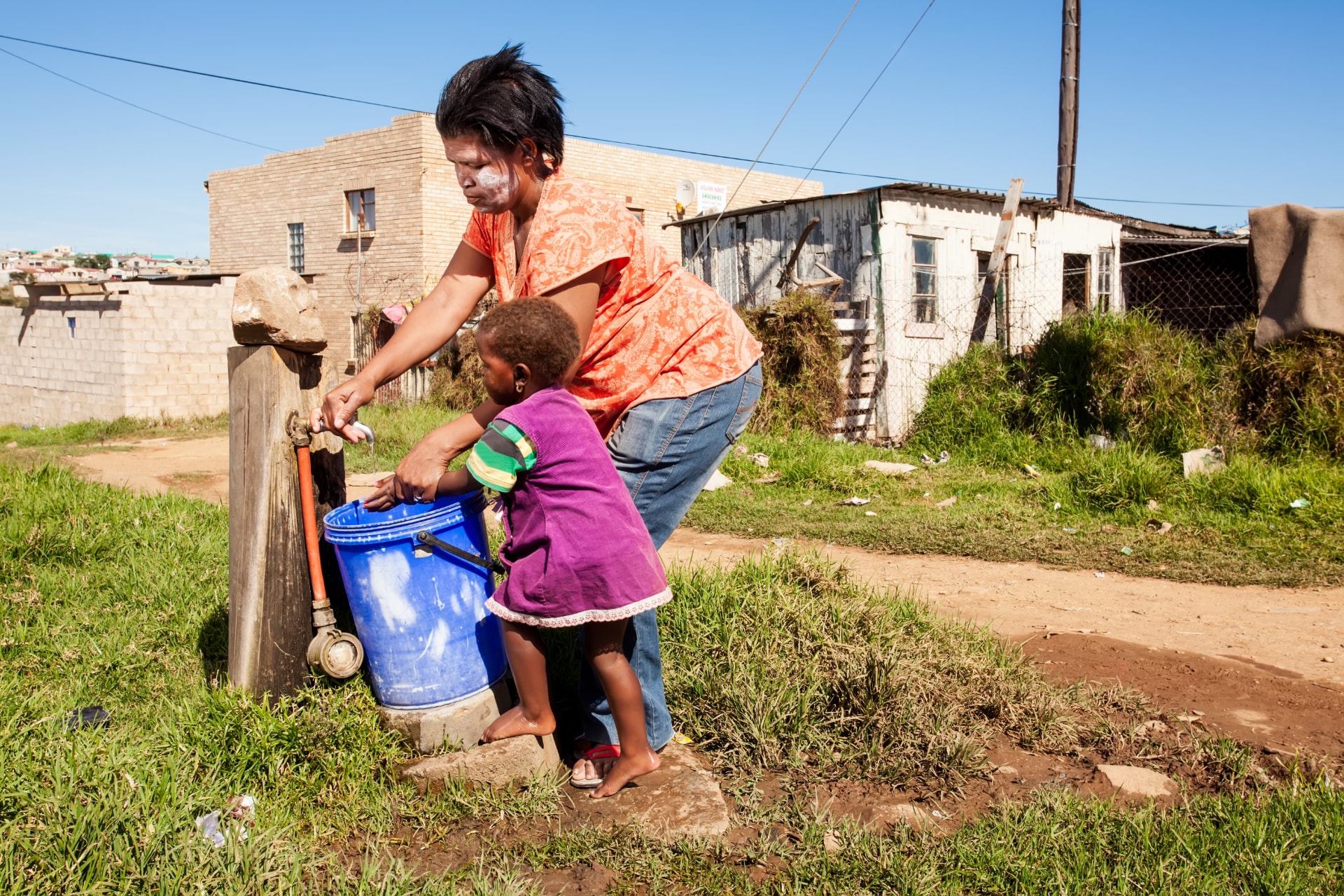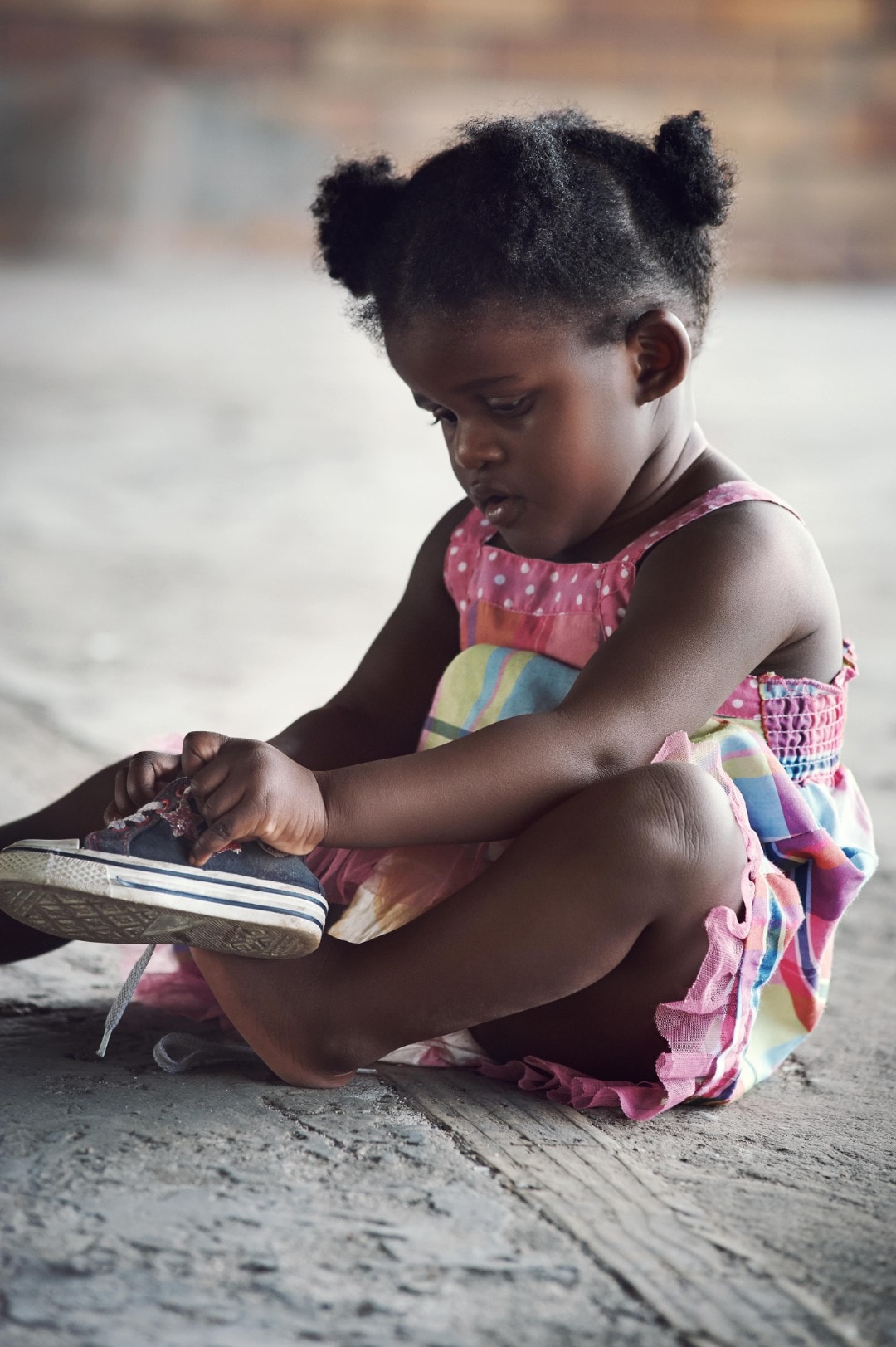Prof. Kofi Marfo
Emeritus Advisor
For 42 years, Professor Kofi Marfo worked in six universities across three geographic regions: North America, West and East Africa, and South-Central Asia (Pakistan). A graduate of Ghana’s University of Cape Coast (where he began his university teaching career at age 25), Kofi received his doctoral degree at the University of Alberta, winning the 1985 G. M. Dunlop Award for Best Doctoral Dissertation in Educational Psychology in Canada. His scholarly interests converge around the application of developmental science to early childhood interventions and social policy, the advancement of a globally inclusive science of human development, and exploration of philosophical and paradigmatic issues in behavioral science and education research. Early in his career, Kofi’s global impact included contributions to the development and delivery of early intervention services for children with developmental disabilities through keynote addresses at the invitation of organizations promoting such services in nations like Australia, Canada, New Zealand, South Africa, and the US. Across the Majority World, his legacy includes (1) pioneering dissemination initiatives delivering context-relevant knowledge and intervention practices on childhood disability, (2) professional development and research capacity enhancement in the Early Childhood Development arena, (3) leadership in establishing the Aga Khan University Institute for Human Development (AKU-IHD), and (4) strategic planning and implementation support for launch of the Africa Early Childhood Network. Kofi holds Emeritus Professorships at AKU and the University of South Florida (USA). A Fellow of the International Society for the Study of Behavioral Development, Kofi has been a Residential Fellow at Stanford University’s Center for Advanced Study in the Behavioral Sciences, a Noted Scholar-in-Residence at the University of British Columbia (Canada), a U.S. National Academy of Education Spencer Fellow, an inaugural member of the Bio-Behavioral and Behavioral Sciences Subcommittee of the US National Institute of Child Health and Human Development, a member of the Governing Council of the Society for Research in Child Development, and the Inaugural Chair of the Board of Trustees, Africa Early Childhood Network. He co-chaired the planning culminating in the 2014 launch of the US National Academies of Science initiative “Investing in Young Children Globally,” and was part of the World Health Organization’s technical group tasked with formulating the Nurturing Care Framework for Early Childhood Development.
















